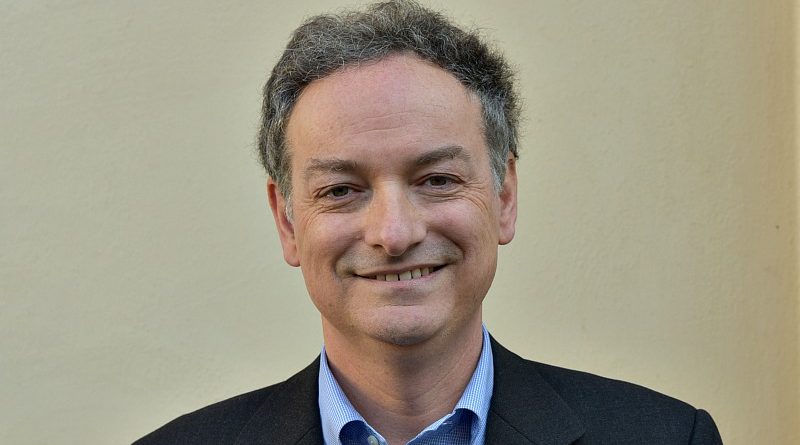Julia Lemagnen of CorpExpansion, the magazine specialised on crossborder company growth for economic development agencies worldwide, interviews Filippo Giabbani, Executive Director of Invest in Tuscany.
“Tuscany: bringing together heritage and high tech”
Cradle of the Renaissance, and home to Michelangelo and Dante, Florence and the Tuscany region of Italy is not perhaps the first place you might think of as a forward-thinking investment location for high tech industry. Sure, tourism, agribusiness and fashion account for a large proportion of the region’s economic activity, but nowadays the birthplace of Leonardo da Vinci is targeting advanced industry sectors such as life sciences and ICT.
Filippo Giabbani, Executive Director of Tuscany Region discusses the region’s new opportunities with Julia Lemagnen. He explains how the region’s artistic and cultural heritage is only part of the picture today: “We have a very strong and well-organised district for life sciences companies, with a good multinational presence, for example GSK, and in ICT we have a developing cluster in particular in the Internet of Things, with good players in the universities.” In fact, Tuscany was Italy’s fastest growing region for the number of research and development personnel (both in total and full-time equivalent) between 2010 and 2014. There were over 25,800 researchers based in Tuscany in 2014 – a growth of 21% compared with 2010. The region accounted for 7% of total Italian R&D expenditure in 2014. And there is a large workforce employed in high technology sectors in general – 44,000 people in 2015.
Italy has a strong tradition in pharmaceuticals, and Tuscany itself has a long history in vaccine research and development. One of the founding fathers of modern hygiene practice and a pioneer in vaccinology, Achille Sclavo, lived and worked in the region. He made discoveries of worldwide importance, including developing a vaccine against anthrax in the early 1900s. The company he founded, the Sclavo Institute (now part of GSK), produced the first anatoxin against diphtheria and tetanus, and also the smallpox vaccine. The world-leading non-profit institute The Sclavo Vaccines Association, a group of 12 institutions from 6 countries, researches advanced vaccine technologies at its base in Siena.
There is a vibrant life sciences cluster in Tuscany, comprising over 300 companies generating 8 billion Euros of revenue (2014 figure), and there are four specialist business incubators. There are 320 life science companies in the region covering a range of markets including medical devices, biotech, pharma and software/services. Eli Lilly employs over 1,000 people in the Florence area including at one of their most innovative biotechnology insulin production plants. One of GSK’s three global R&D hubs for vaccine development is based in Siena. 19,000 students are enrolled in science courses in the three universities and two postgraduate schools in the region. [Continue reading]

